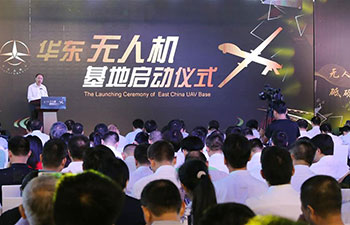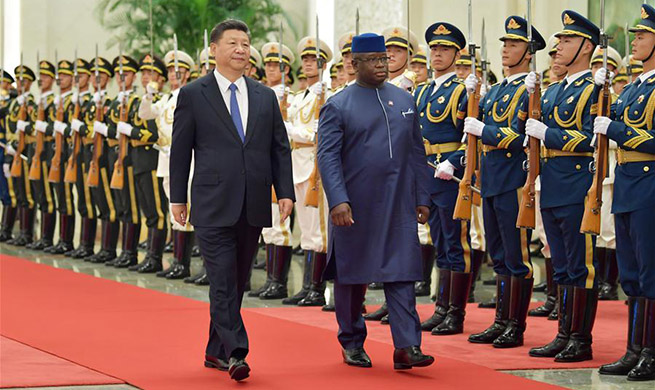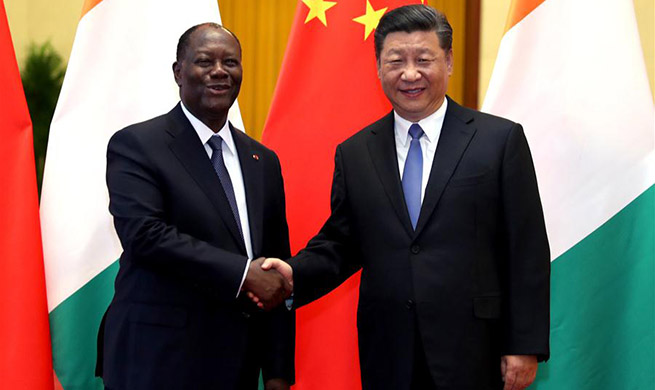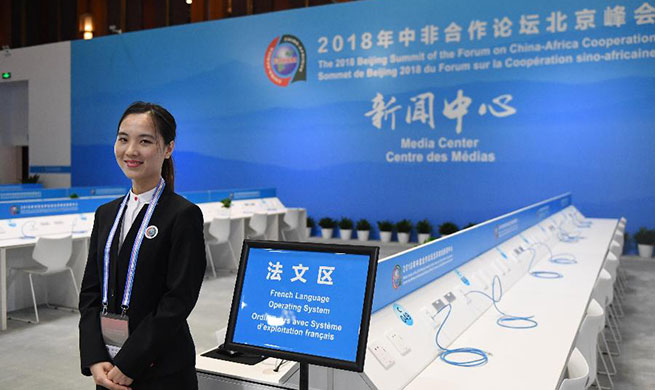UNITED NATIONS, Aug 30 (Xinhua) -- The Belt and Road Initiative (BRI), if well managed, could significantly reduce costs of doing business for both China and Africa while strengthening ties at the same time, a senior United Nation official said here Thursday.
China and Africa have a long history of development cooperation, which has greatly intensified in the past decade. China's trade, direct investments and loans in Africa have grown multiple folds, Ahunna Eziakonwa, Assistant Administrator and Director of the Regional Bureau for Africa, United Nations Development Programme (UNDP), told Xinhua.
Ahunna said that China-Africa partnership could be used to remove bottlenecks and binding constraints to Africa's development.
Poor infrastructure, over-dependence on primary commodity, low agricultural productivity and weak investment in technological capacity are among binding constraints to Africa's inclusive development, the UN official said.
Quality infrastructure is needed to move towards industrialization, create jobs for the unemployed youth and women, and bridge the development divide between rural and urban areas, she said.
"Africa must use its partnership with China to leverage quality infrastructural development in such areas as roads, railways, water, telecommunications and energy in order to expand regional connectivity and integration," she said.
"To make this a win-win partnership, it must be driven by African countries' national development priorities, the Programme of Infrastructure Development for Africa (PIDA) and Agenda 2063, she said.
The associated projects should be economically viable and sustainable to Africa, she said.
Engagement in the BRI should avoid unnecessary tax exemptions that often deny African governments domestic revenues badly needed to fund their development projects.
China-Africa cooperation should also be conscious of the unintended debt burdens that could impede overall growth and development overtime.

















